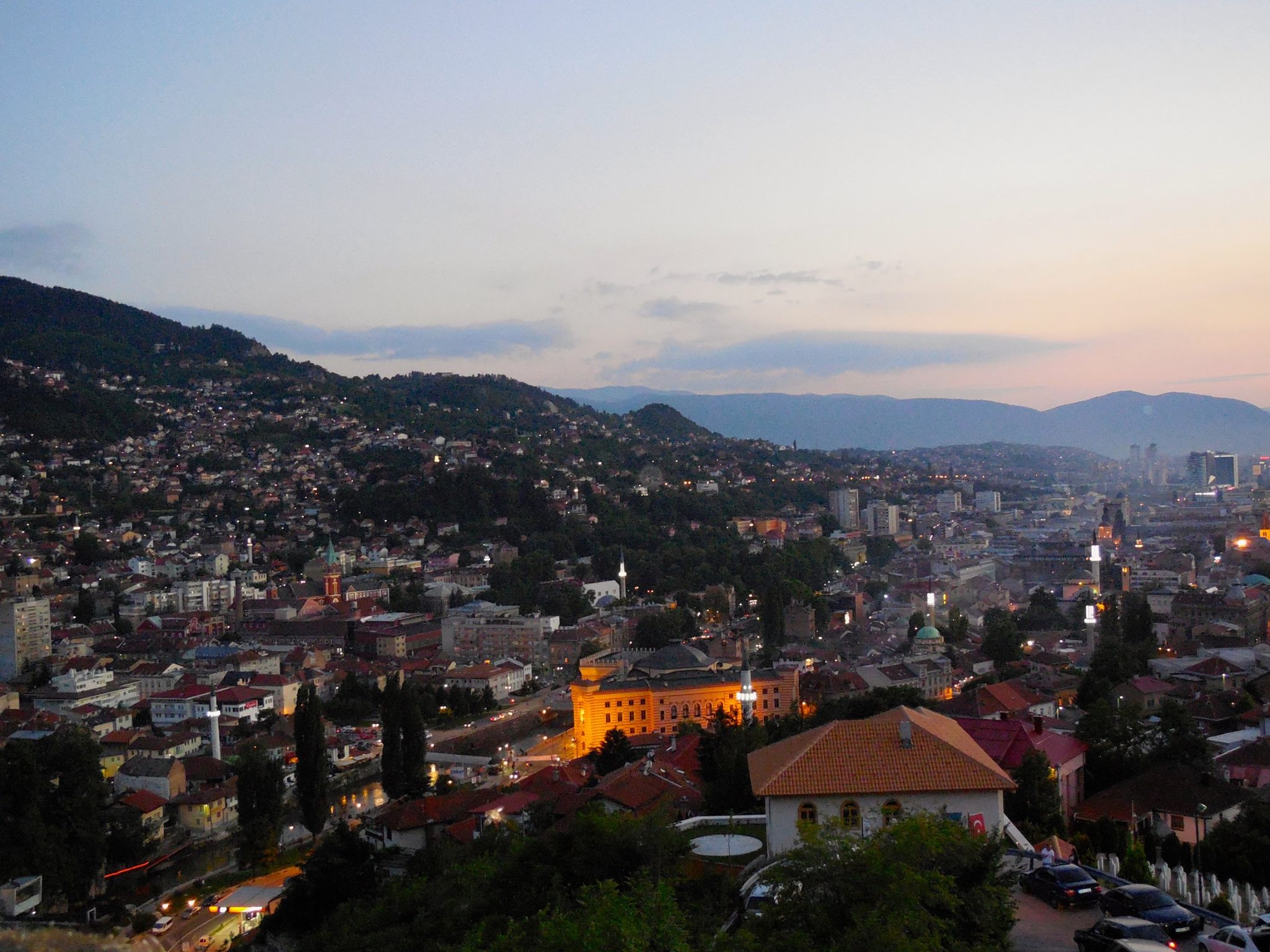
TWENTY YEARS ON, A BROKEN BOSNIA
Last week's terror attack in Paris is a grim reminder of the heavy toll that religion-based violence continues to take on the European continent. Twenty years ago, the world recoiled from the massacre of more than 7,000 Muslim men and boys at Srebrenica, a supposed UN "Safe Haven" in Bosnia. Pulitzer Center grantee Elisabeth Zerofsky recently revisited the killing fields of the Balkans and in her deeply evocative feature for Harper's, writes of the region's struggle to come to terms with its past.
"In the decades since the war, commemorations in Bosnia have become a new battleground, where feuds over narrative—who was guilty, who was victimized—are played out in grotesque pantomime. Srebrenica lies deep inside a part of the country that is now governed by the Bosnian Serbs, and, as I discovered, the authorities there have been known to make trouble for visitors who come to pay tribute to those who died in the genocide," she writes.
Bosnia remains bitterly divided along ethnic lines, and by some reckonings it is the most impoverished country in Europe.
As one embittered resident told Elisabeth, "There is no democracy here. Politicians have access to money, they are deeply corrupt, and every aspect of public life is criminalized and morally so sold, so compromised, that it is almost impossible to understand how we get along with it. The only reason why we are not Somalia is our geostrategic importance. We are far too much in Europe, and we simply are a problem to be dealt with."
A WALK WITH PAUL SALOPEK
As readers of these pages know, it has been nearly three years since Pulitzer Center grantee Paul Salopek set out on his epic trek around the globe, retracing the steps of the human migration that began in Ethiopia's Great Rift Valley. It is a journey that Paul expects will eventually take him to the southern tip of the South American continent.
Four thousand miles and four pairs of shoes later, Paul is now in the southern Caucasus where he was joined by PBS NewsHour correspondent Hari Sreenivasan, who filmed a two-part segment on Paul's walk that aired last week.
Paul explained to Hari that "the walk has opened up the vista to me in both space and time, where I can see the connections between all of these stories and I see how history informs everything that's happening today."
While he follows in the footsteps of ancient man, Paul has been using modern technology to reach out to young people and make them part of his journey. Here at the Pulitzer Center, we have been playing a key role in helping Paul connect with this audience. Last week, we traveled to New Orleans for the annual conference of the National Council for the Social Studies where Nathalie Applewhite, Mark Schulte and Amanda Ottaway demonstrated to teachers how our new Lesson Builder can bring Paul's journey into their classrooms.
CURBING CHINA'S POLLUTION
Industrial pollution is a major problem in China, where the explosive growth of low-cost manufacturing has taken priority over environmental considerations. But that may be changing as activist groups use transparency, accessible data, and public information campaigns to raise awareness of the problem.
In this dispatch for PBS's Religion & Ethics NewsWeekly, Pulitzer Center grantee Fred de Sam Lazaro reports on the remarkable success of one man, Ma Jun, and his innovative NGO, the Institute of Public and Environmental Affairs, in challenging China's powerful industrial establishment.
Ma Jun tells Fred that there's growing political will in Beijing to tackle the environment crisis. Standards have been tightened and factories are now required to report their emission levels. At the same time, Ma Jun uses this data to pressure image-conscious Western buyers—companies like Nike, Walmart and Gap—to insist on strict compliance.
Pulitzer Center grantee Gary Marcuse provides additional background on China's environmental movement in this Untold Stories dispatch.
Until next week,
Tom Hundley
Senior Editor










